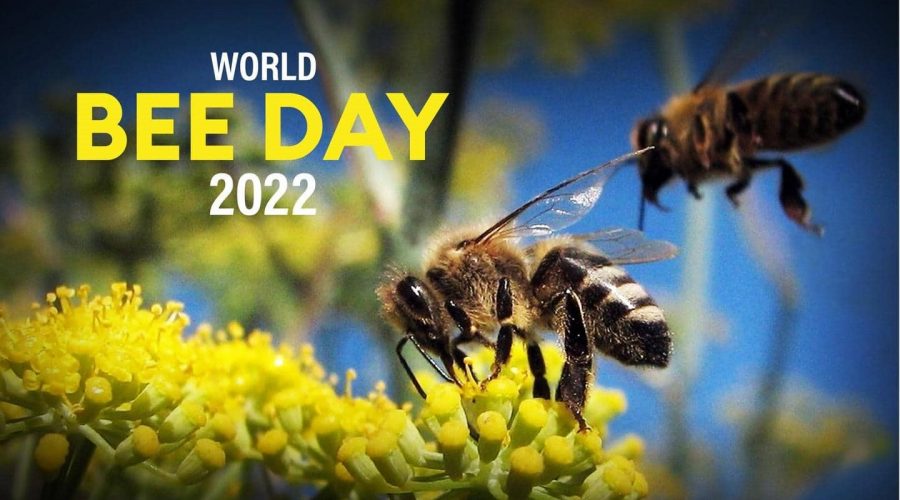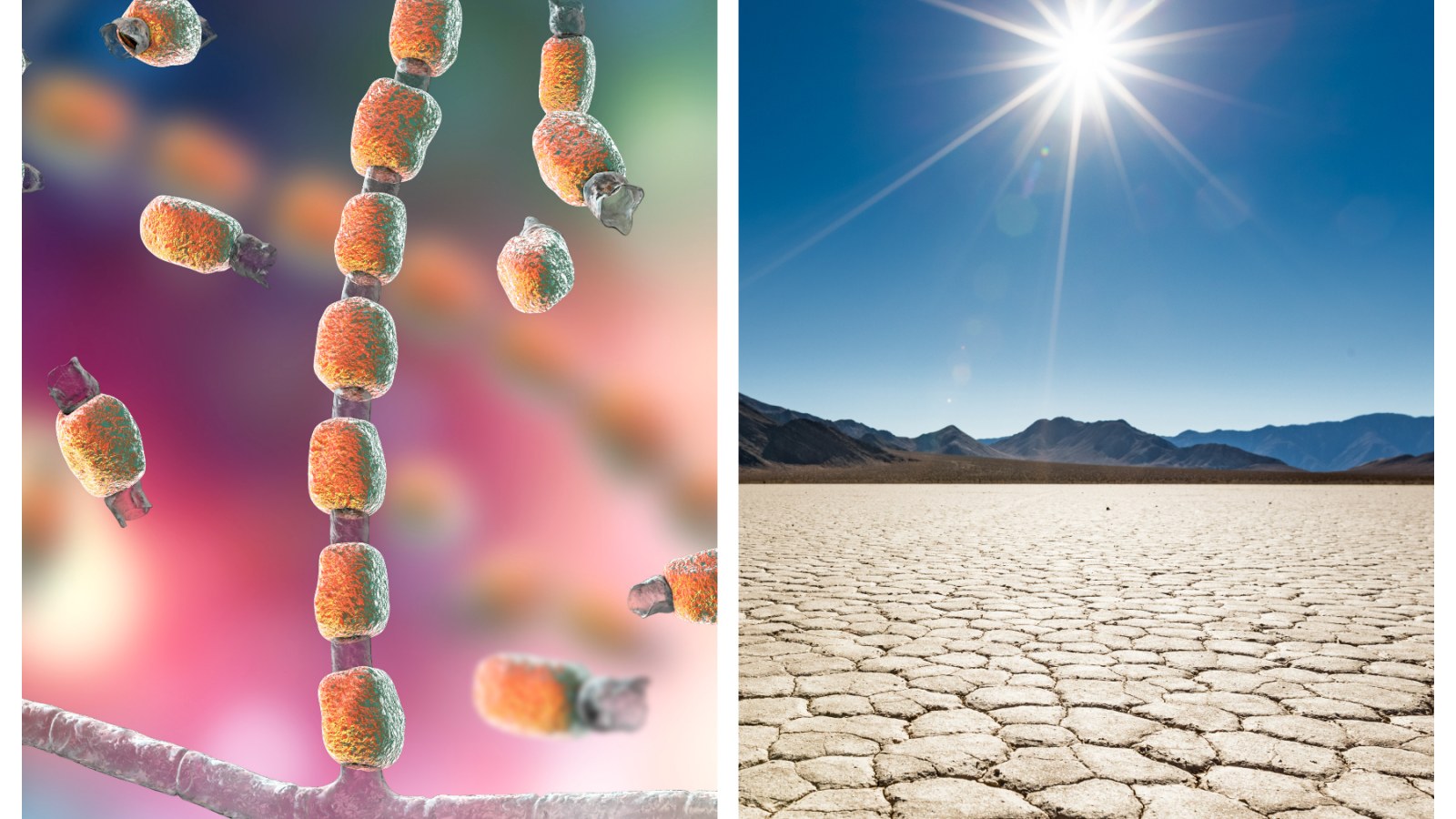Summary
The Department of Ecosystems and Conservation (DEC) of Sokoine University of Agriculture (SUA) is joining the world to celebrate World Bee Day – 20th May 2022. On this special day, beekeepers and nature conservationists are uniting to encourage improvement of the conditions for bees. They are aiming to build sustainable pollination services in order to safeguard our food security.
The purpose of the World Bee Day is to acknowledge the role of bees and other pollinators for the ecosystem. Every year on this day, the global public is focus on the importance of preserving honey bees and all other pollinators. Also, the day provides an opportunity to organizations, civil societies, and concerned citizens worldwide to promote actions that will protect and improve pollinators and their habitats, increase their population and support the long-term development of beekeeping.
The Ministry of Natural Resources and Tourism (MNRT), Government of Tanzania is celebrating World Bee Day on 20th May, 2022 in Mpanda, Katavi Region. The Honorable Mizengo Pinda (former Prime Minister of the United Republic of Tanzania) officially opens the World Bee Day celebration in Tanzania.
History
On this day Slovenian Anton Janša, the pioneer of beekeeping, was born in 1734. Beekeeping is taken so seriously in Slovenia that the nation’s unofficial motto is “Land of the Good Beekeepers“. The country produces gourmet honey, offers beekeeping tourism, and likes to point out that the Slovenes – the wealthiest Slavic nation in the world – takes its work ethic from the honey bee.
May was the chosen month for World Bee Day because in the northern hemisphere the need for pollination is greatest during that period, while in the southern hemisphere it is a time for harvesting honey and bee products.
The idea for a World Bee Day was conceived on September 15th, 2014. Slovenian beekeeper Bostjan Noc was driving to work at The Slovenian Beekeeper’s Association where he is president, listening to a radio program about World Days and their meaning and he wondered why bees didn’t have their own day. Considering that every third spoonful of the world’s food relies on bees and other pollinators and that bees are increasingly endangered and almost no longer able to survive without human interventions and support, it seemed only right that the global public should be made aware.
Why a World Bee Day?
By observing World Bee Day each year, we can raise awareness on the essential role bees and other pollinators play in keeping people and the planet healthy, and on the many challenges they face today. We have been celebrating this day since 2015.
Today bees, pollinators, and many other insects are declining in abundance. This day provides an opportunity for all of us – whether we work for governments, organizations or civil society or are concerned citizens – to promote actions that will protect and enhance pollinators and their habitats, improve their abundance and diversity, and support the sustainable development of beekeeping.
Interesting facts about bees and pollinators
- Pollinators such as bees, birds and bats, contribute to 35 percent of the world’s total crop production, pollinating 87 of 115 leading food crops worldwide.
- Three out of four crops across the globe producing fruits or seeds for human use as food depend, at least in part, on pollinators.
- Pollination benefits human nutrition – enabling not only the production of an abundance of fruits, vegetables, nuts and seeds, but also more variety and better quality.
- The alarming decline of bees and pollinators in many regions can be attributed to a number of factors including improper use of pesticides, habitat degradation, unsustainable intensification of agricultural systems, pests and pathogens, and climate change.
- Sustainable agriculture approaches such as agroecology can reduce risk to pollinators by helping to diversify the agricultural landscape, offering natural habitats to pollinators, and making use of ecological processes as part of food production.
Let’s celebrate together, raise awareness and do something good for bees.





